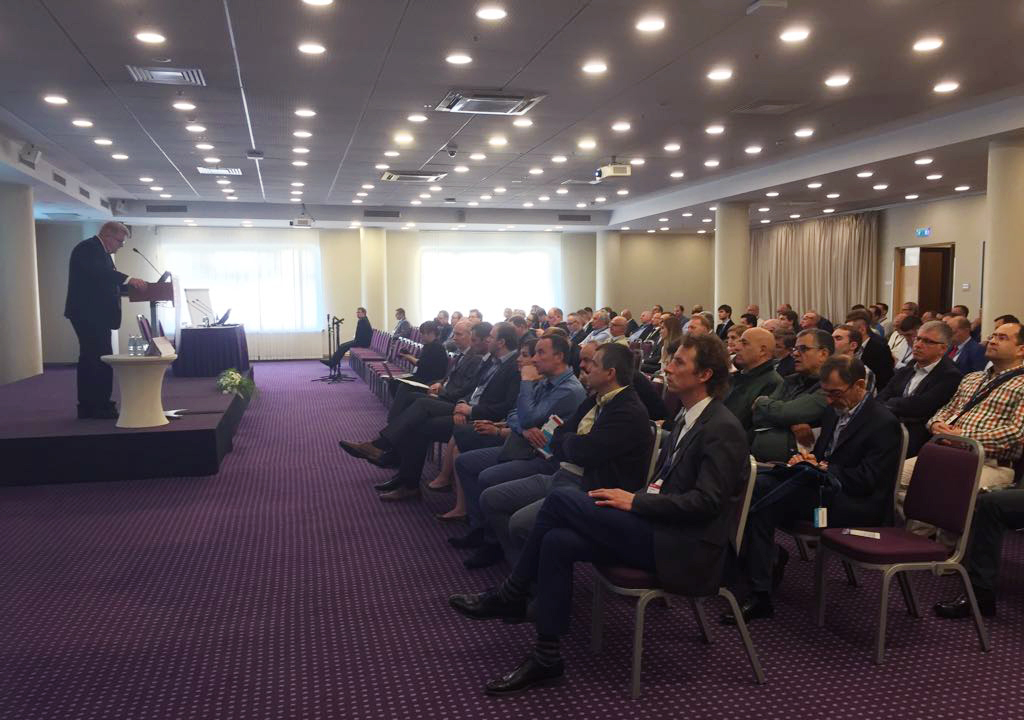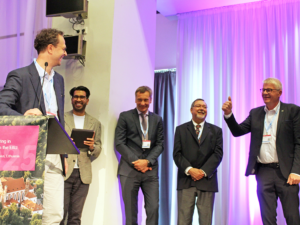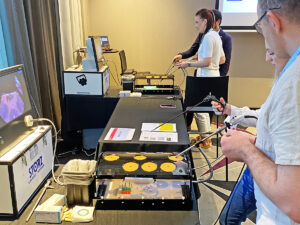The 5th Baltic Meeting (Baltic18) in conjunction with the EAU commenced today in the Latvian capital, Rīga where participants were welcomed by Baltic18 Chairman Dr. Peteris Vaganovs (LV) and the rest of the meeting’s esteemed faculty.
The well-attended meeting kicked off with the lecture “Where are we in male infertility in 2018?” by EAU Adjunct Secretary General – Clinical Practice Prof. Jens Sønksen (DK), who presented an overview of topics: declining male infertility, fertility and cancer, and urological procedures in male infertility.
Declining male infertility
“Male reproductive development depends on normal early fetal testicular function,” stated Sønksen. “Endocrine disruptors and the testicular dysgenesis syndrome might be a common underlying cause for infertility, cryptorchidism, hypospadias and testis cancer.” Examples of endocrine disruptors include pesticides, dichloro-diphenyl-trichloroethane (DDT) parabens, and phthalates to name a few.
On fertility and cancer
According to Sønksen male infertility is associated with a two-fold increased risk for testis cancer. He said, “Both the cancer and its treatment may adversely affect fertility. Fertility preservation for testis cancer is mandatory.”
Sønksen stated that assisted ejaculation in pubertal and pre-pubertal boys is an overlooked option for clinical fertility preservation. Testicular tissue can be cryopreserved and with good results. However, strategies for transplantation of spermatogonial stem cells (SSCs) need to be established to restore fertility. “On an additional note, ovarian tissue cryopreservation is becoming a well-established technique for clinical fertility preservation worldwide,” said Sønksen.
Urological procedures in male infertility
“Penile vibratory stimulation (PVS) is the first choice,” stated Sønksen when he discussed techniques and indications of urological procedures in the treatment of male infertility. “Electroejaculation (EEJ) is implemented when there’s PVS failure. PVS and EEJ can ensure a 100% ejaculation rate”. Sønksen added that if there is no ejaculate or if a patient has azoospermia, surgical sperm retrieval is the option.





